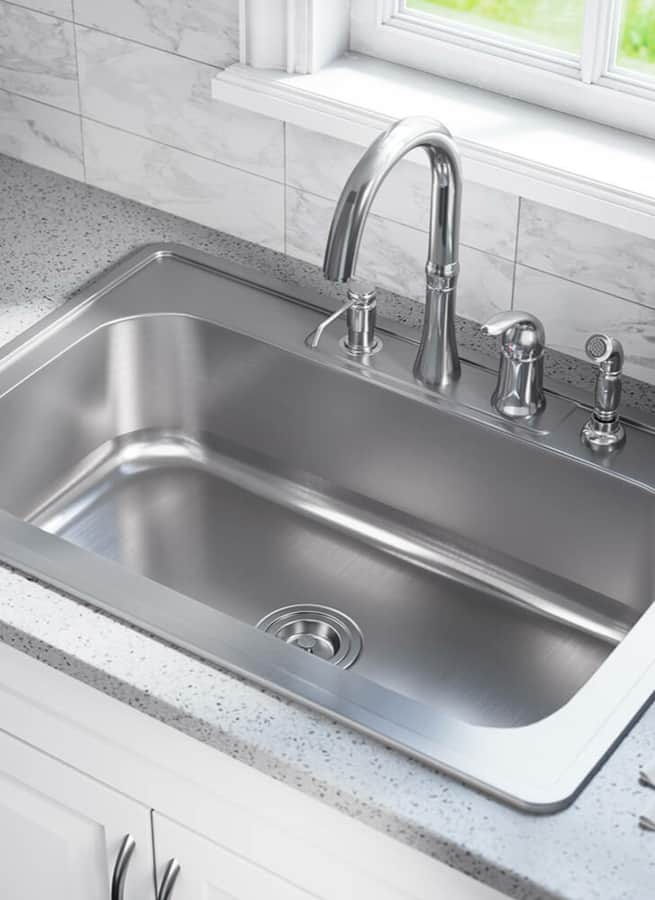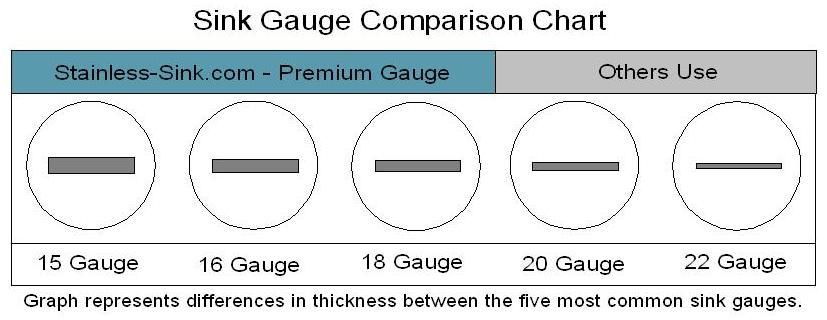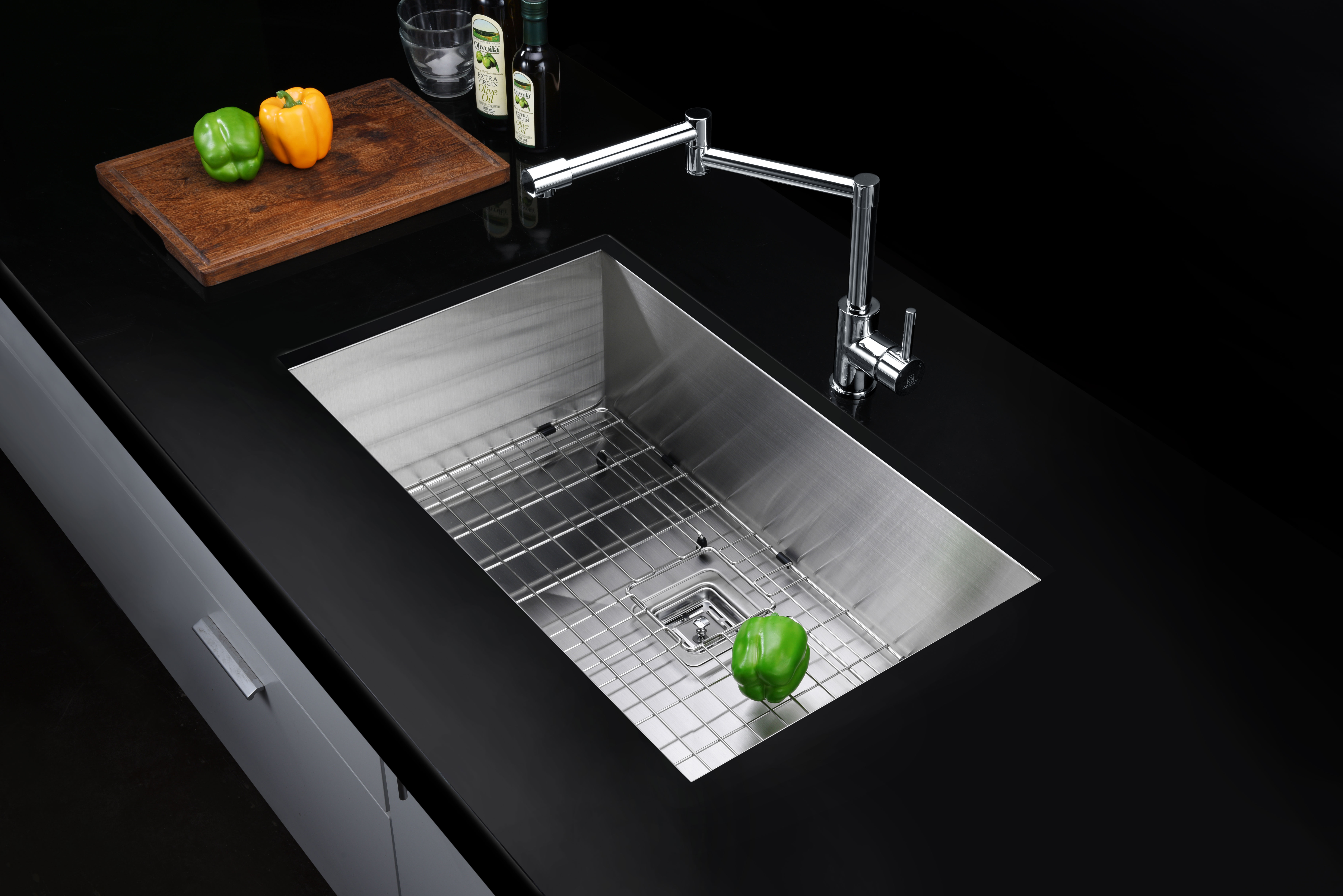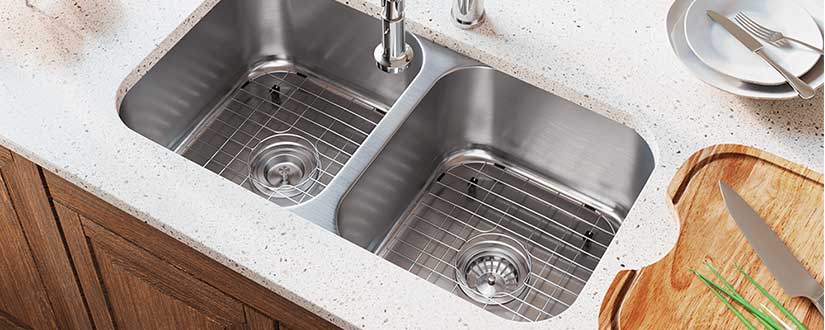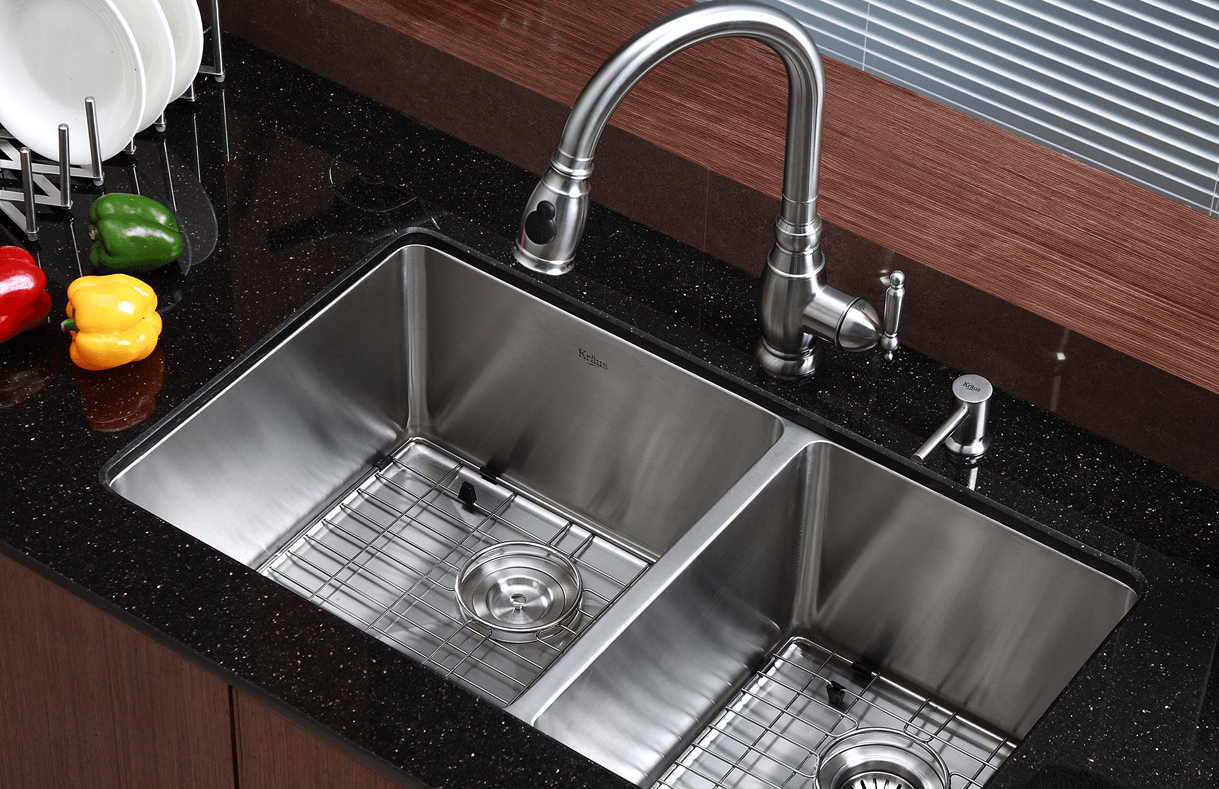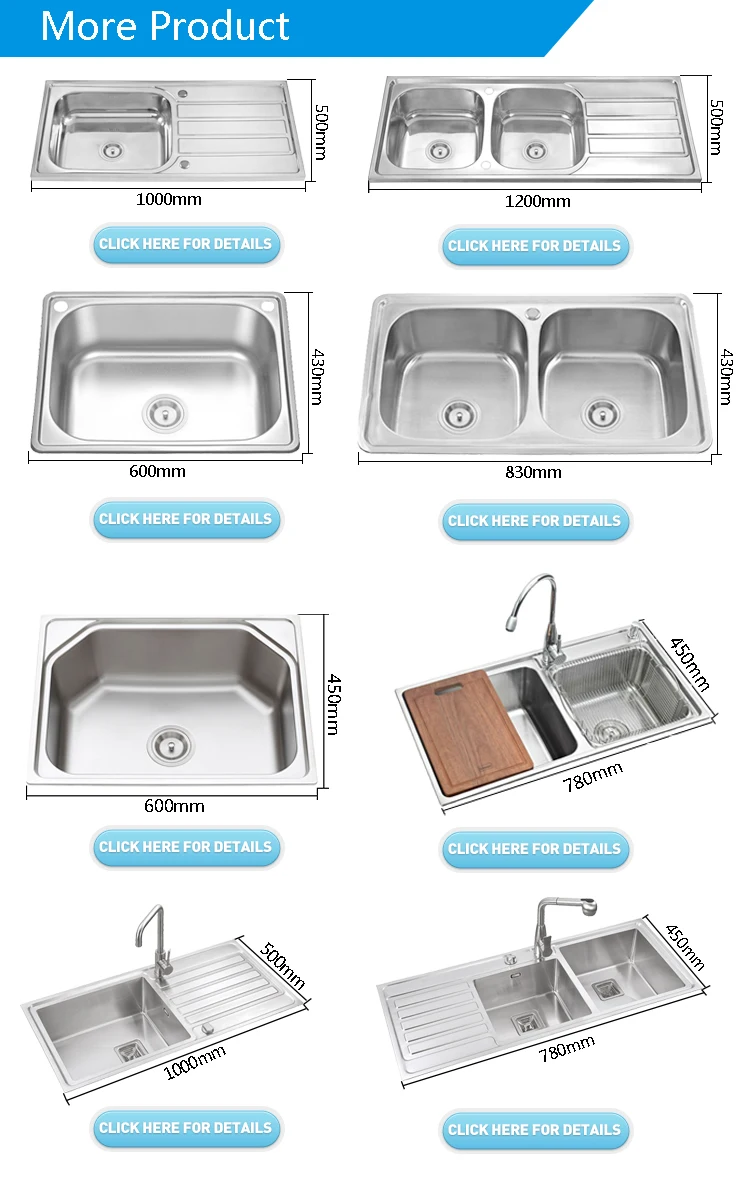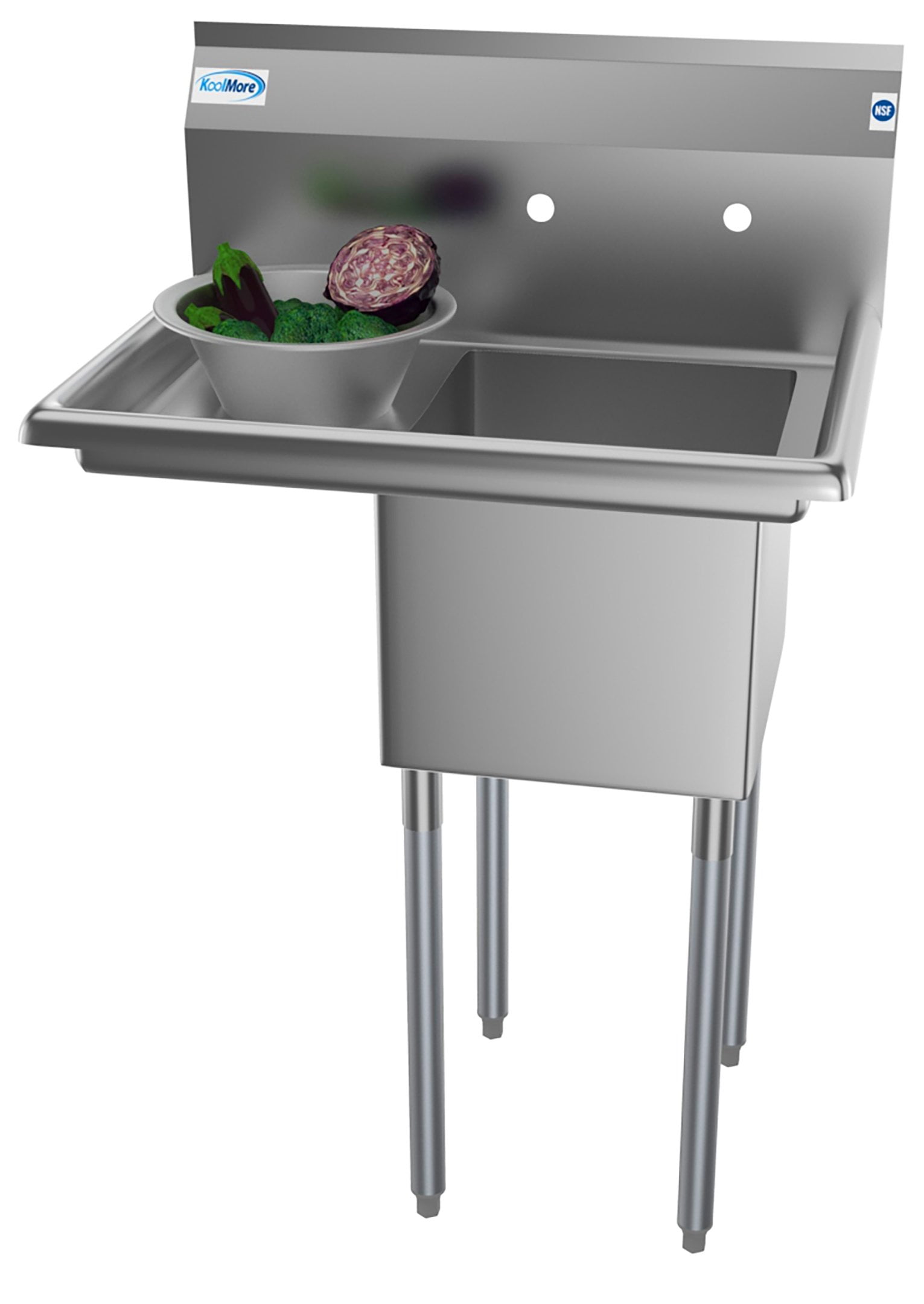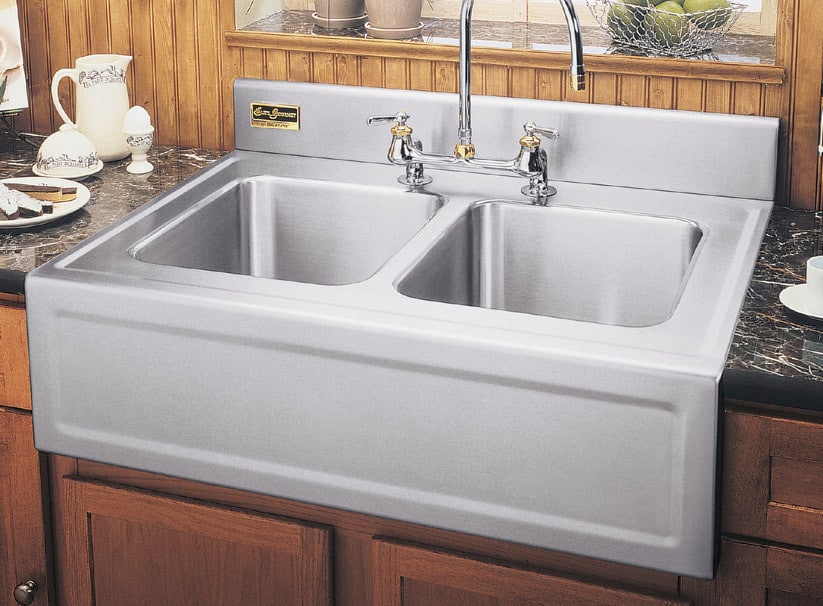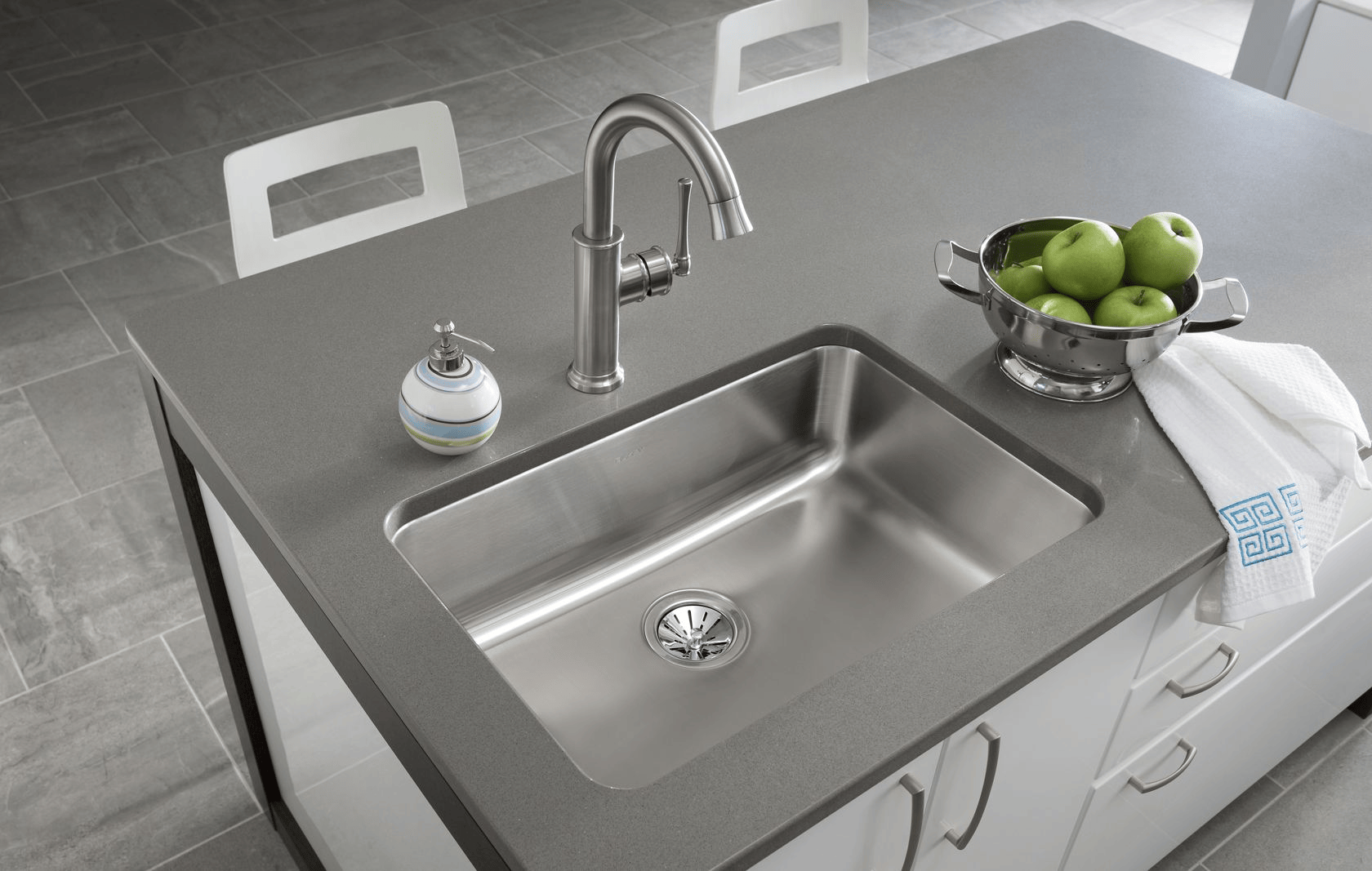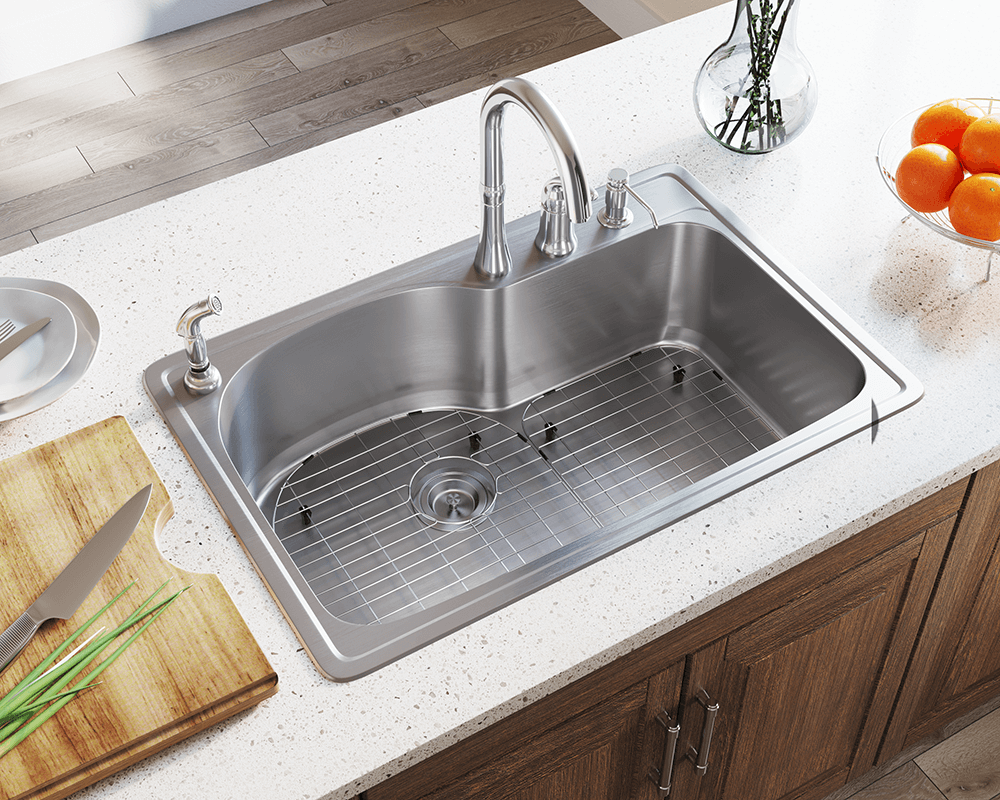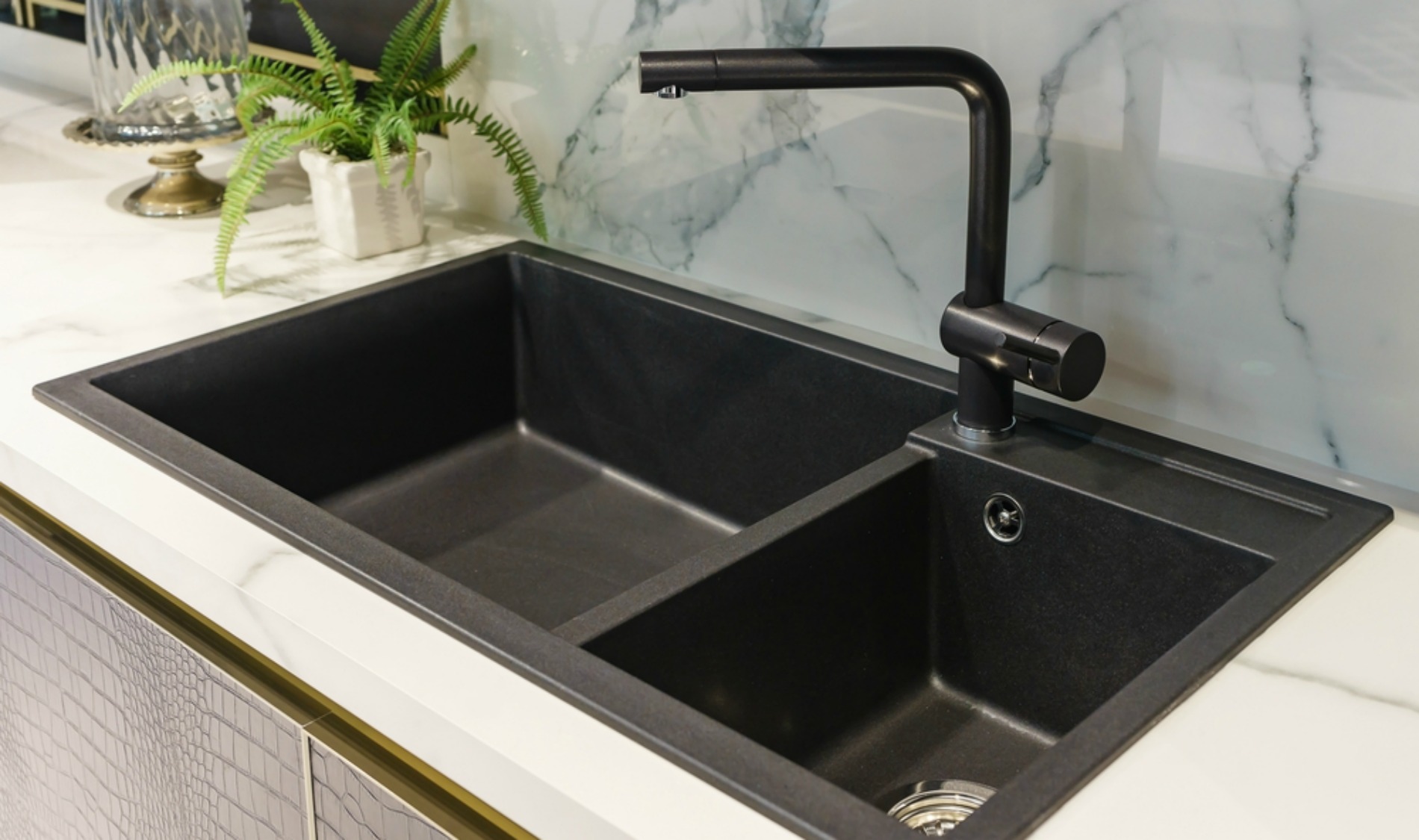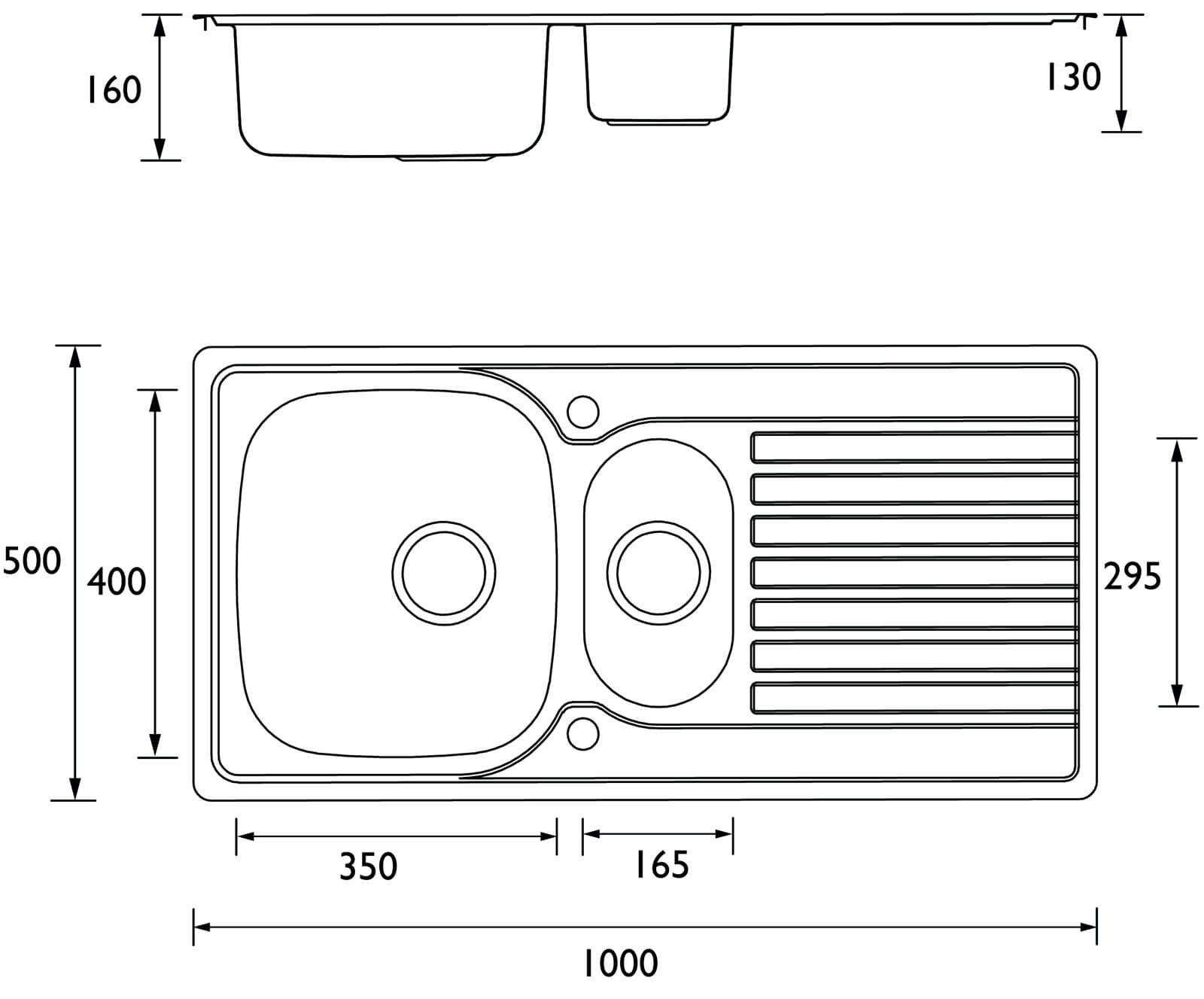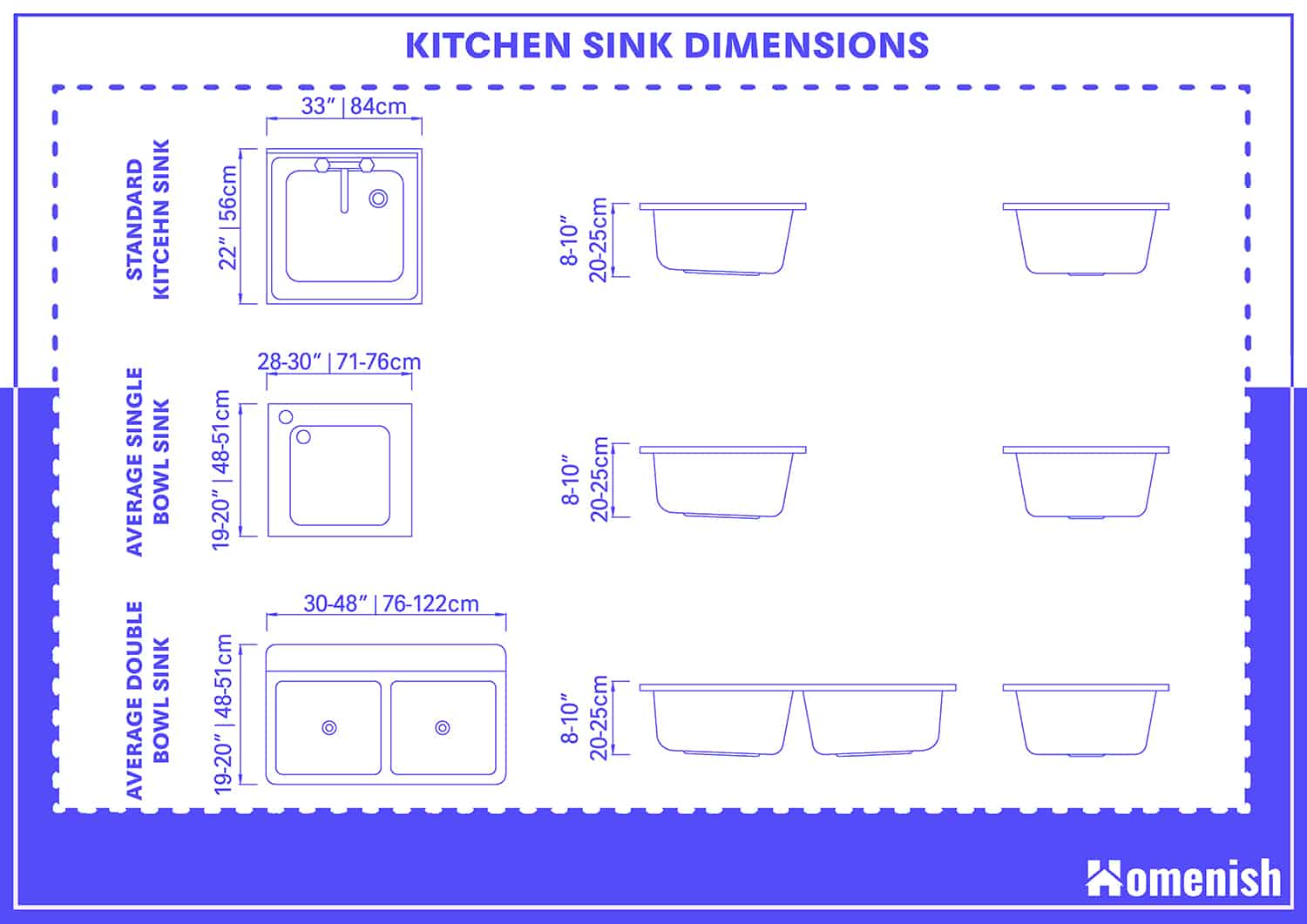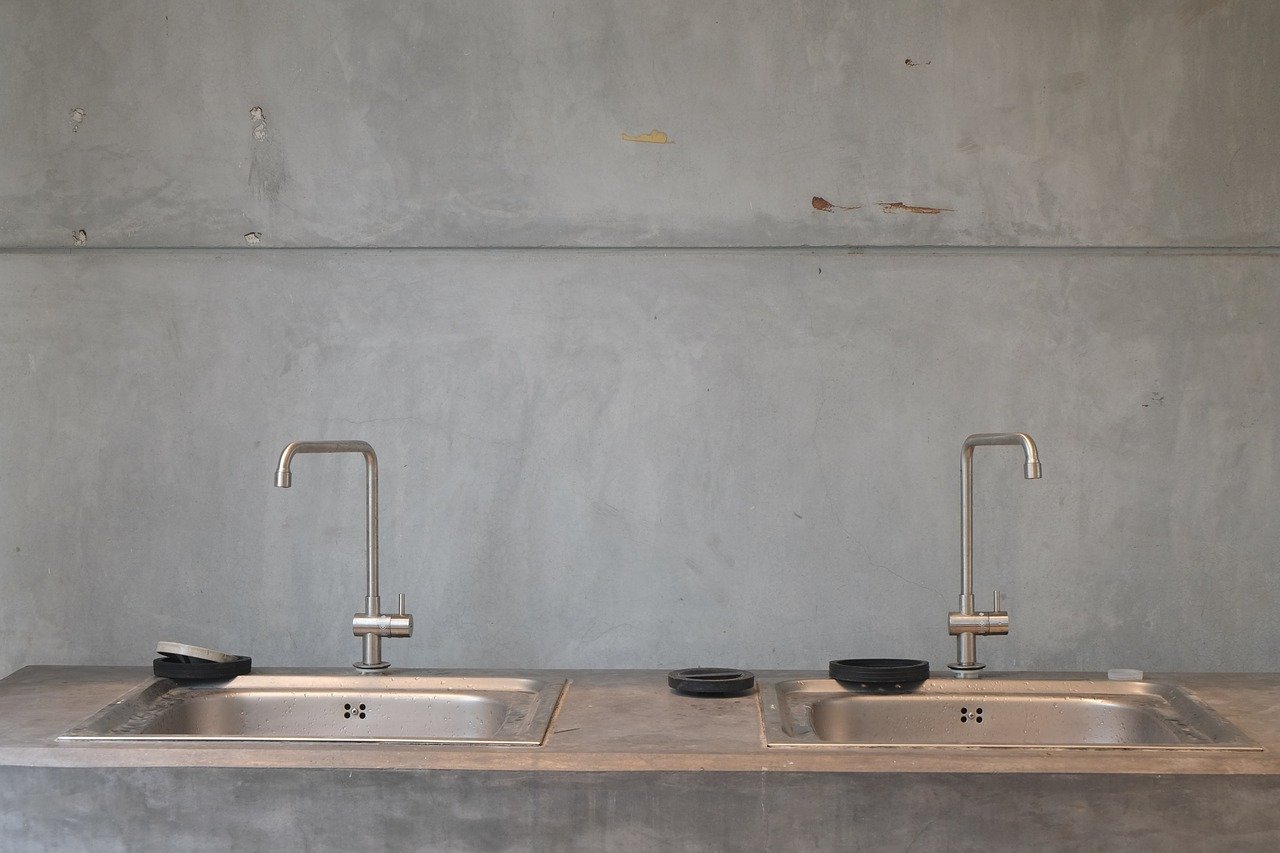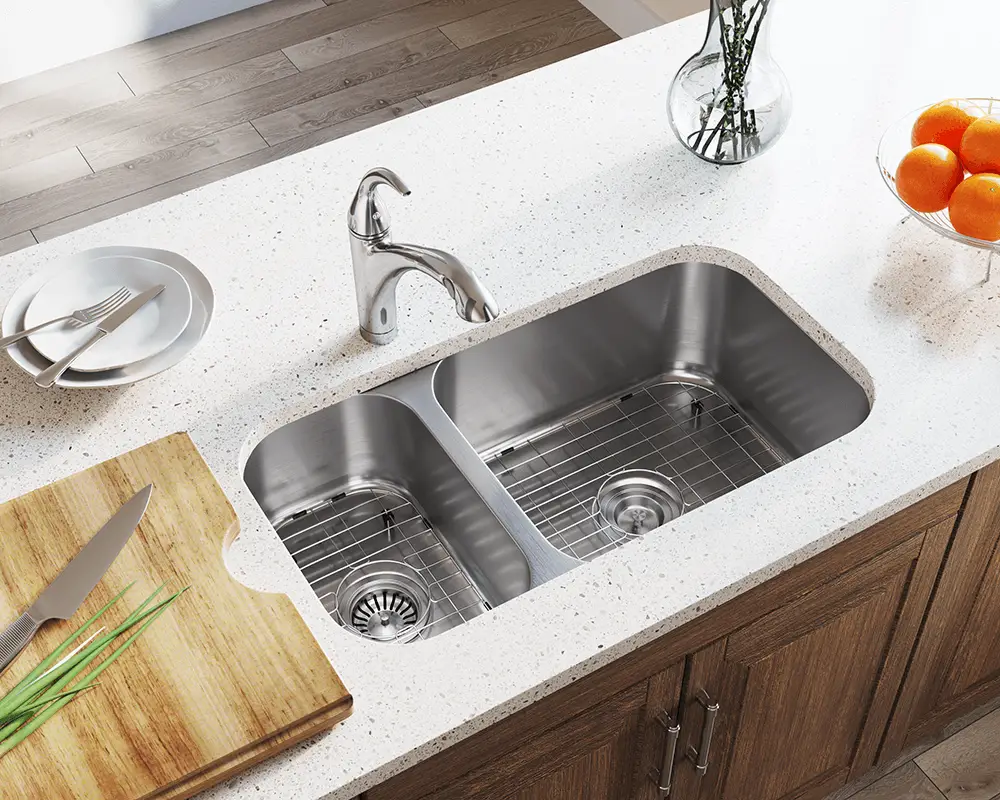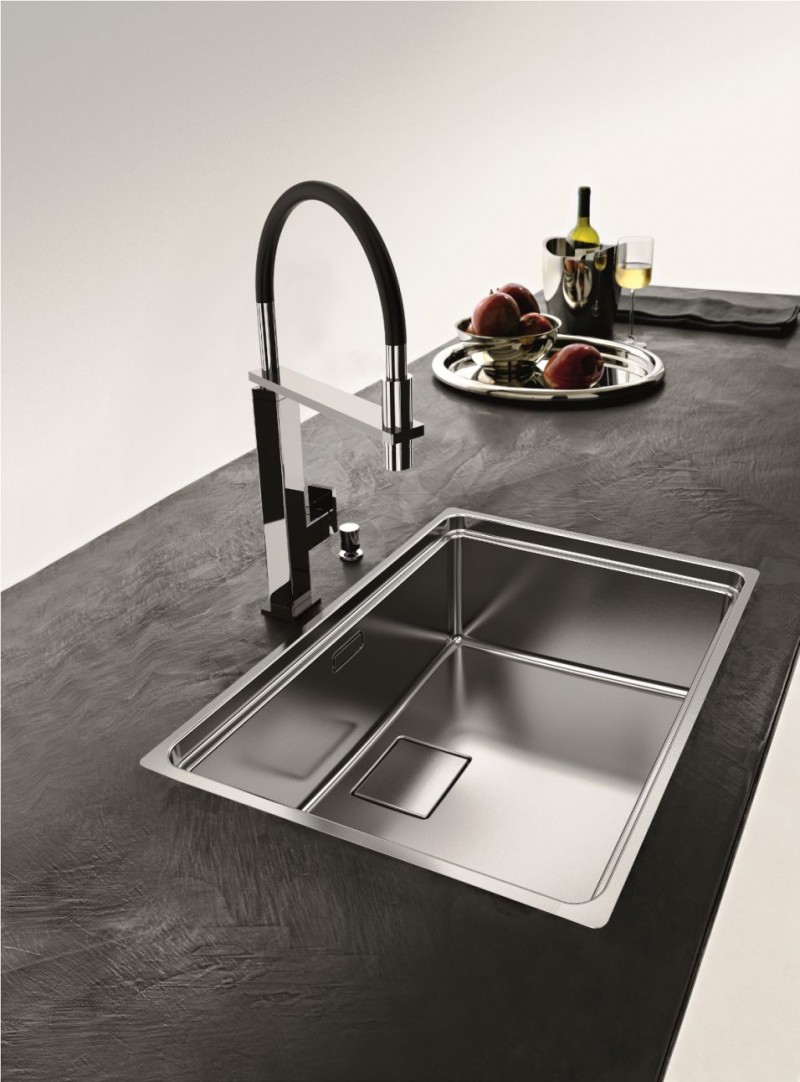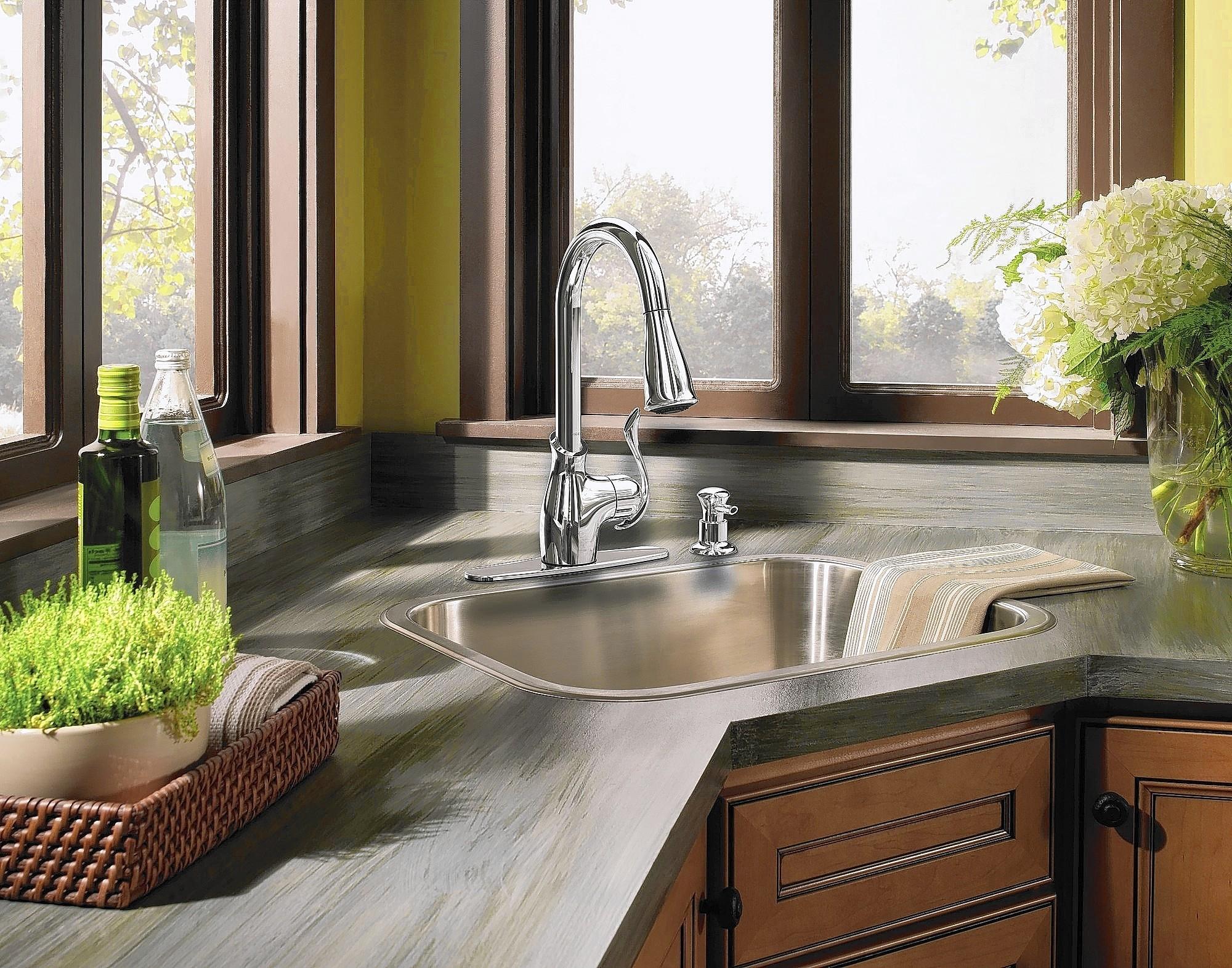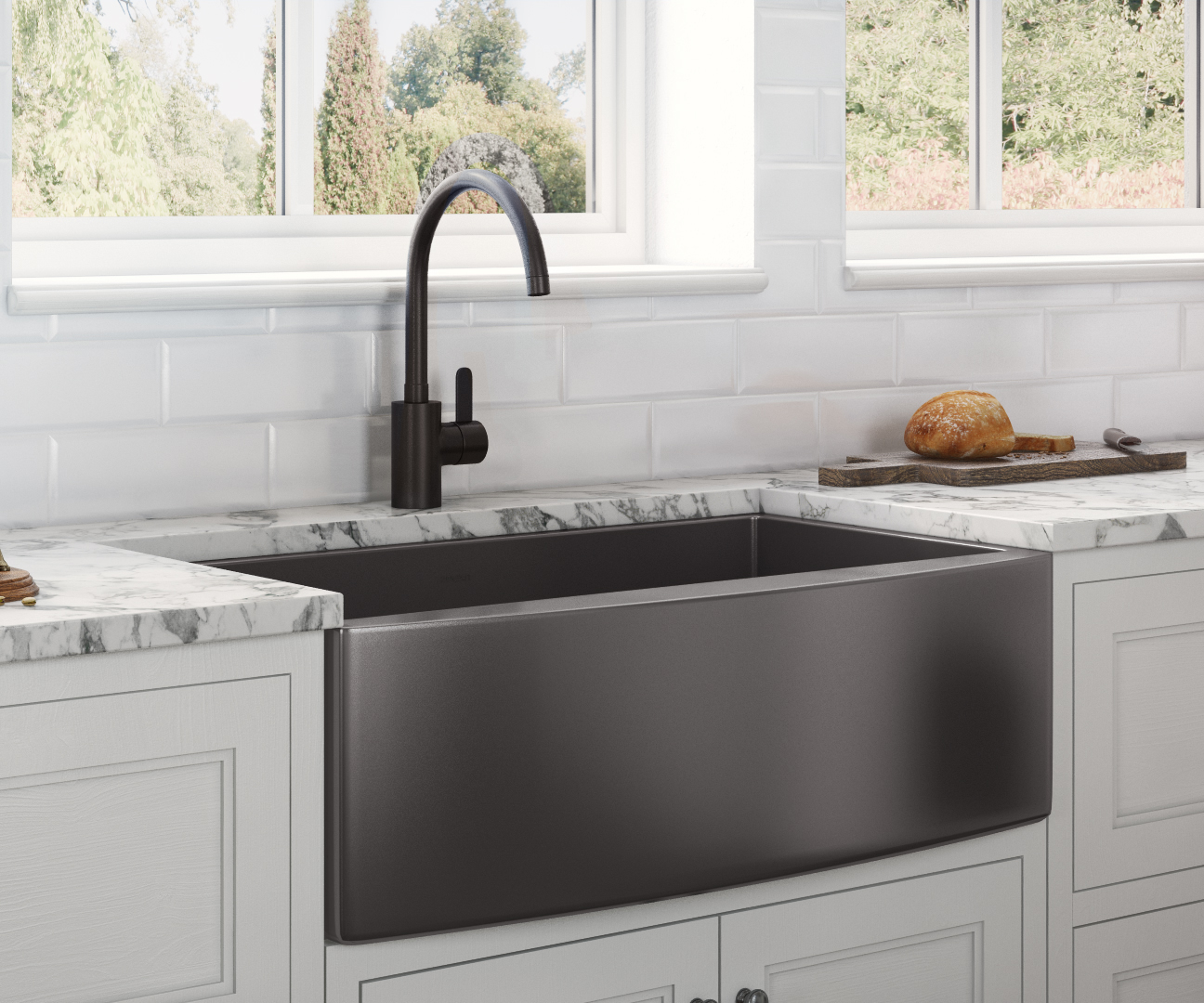When it comes to choosing a kitchen sink, one of the most important factors to consider is the stainless steel kitchen sink thickness. This not only affects the overall durability and strength of the sink, but it also impacts its appearance and functionality. In this article, we will take a closer look at the top 10 main factors to consider when it comes to stainless steel kitchen sink thickness.Stainless Steel Kitchen Sink Thickness
The gauge of a stainless steel sink refers to its thickness. The lower the gauge number, the thicker the steel. The most common gauge for kitchen sinks is 18, but you can also find sinks with gauges ranging from 16 to 22. A lower gauge sink is generally more durable and less prone to denting, but it also comes at a higher price point.Stainless Steel Kitchen Sink Gauge
The depth of a kitchen sink is another important factor to consider. A deeper sink allows for more space to wash larger items and can also help prevent splashing. However, if you have lower cabinets or a smaller kitchen, a shallower sink may be a better fit. It is important to consider your specific needs and preferences when choosing the depth of your stainless steel kitchen sink.Stainless Steel Kitchen Sink Depth
Stainless steel kitchen sinks come in a variety of sizes, ranging from single-bowl to double-bowl, and even triple-bowl sinks. The size of your sink will depend on the size of your kitchen and your specific needs. A larger sink may be more convenient for washing dishes and pots, but it may also take up more counter space. Consider the size of your kitchen and your daily tasks when choosing the size of your sink.Stainless Steel Kitchen Sink Size
In addition to the size and depth of a sink, it is also important to consider its dimensions. This includes the length, width, and height of the sink, as well as the size of the bowls. Make sure to measure your kitchen and cabinets accurately before purchasing a sink to ensure a proper fit.Stainless Steel Kitchen Sink Dimensions
The weight of a stainless steel sink is another important factor to consider. A heavier sink is generally more durable, but it may also require additional support from the cabinets underneath. It is important to take into account the weight of the sink when choosing a size and gauge.Stainless Steel Kitchen Sink Weight
Stainless steel is the most popular material for kitchen sinks due to its durability, resistance to stains and corrosion, and sleek appearance. However, not all stainless steel sinks are created equal. Look for sinks made from high-quality 304 stainless steel, which contains higher levels of chromium and nickel for added strength and durability.Stainless Steel Kitchen Sink Material
The construction of a stainless steel sink also plays a role in its durability and functionality. Look for sinks with a sound dampening pad or undercoating to reduce noise and prevent condensation. Additionally, sinks with a sloped bottom and good drainage will make cleaning and maintenance easier.Stainless Steel Kitchen Sink Construction
The durability of a kitchen sink is crucial, as it is constantly exposed to water, soap, and other heavy items. Stainless steel sinks are known for their durability and resistance to stains, scratches, and heat. However, the gauge of the steel and the construction of the sink can also impact its overall durability.Stainless Steel Kitchen Sink Durability
Maintenance is another important factor to consider when choosing a kitchen sink. Stainless steel sinks are relatively low maintenance, but they do require regular cleaning and care to maintain their shine and appearance. Look for sinks with a satin or brushed finish, as these tend to hide water spots and scratches better than a polished finish.Stainless Steel Kitchen Sink Maintenance
The Importance of Choosing the Right Thickness for Your Stainless Steel Kitchen Sink

Choosing the perfect kitchen sink for your home can be a daunting task, with so many options available in the market. However, one aspect that you should pay close attention to is the thickness of your stainless steel sink. While it may seem like a minor detail, the thickness of your sink can make a significant impact on its durability and functionality.

When it comes to kitchen sinks , the thickness of the material is measured in gauge . The gauge refers to the thickness of the stainless steel , with a lower gauge indicating a thicker material. 16-gauge is the most commonly used thickness for residential kitchen sinks , while 18-gauge is also a popular choice. However, there are also 14-gauge and 20-gauge options available in the market.
So, why is the thickness of your stainless steel kitchen sink so important?

Firstly, a thicker gauge sink means that it is more durable and less prone to dents and dings. This is especially important in a high-traffic area like the kitchen, where the sink is constantly being used for various tasks. A thicker gauge also means that the sink will be quieter when in use, as it absorbs more sound than a thinner one.
Moreover, a thicker gauge sink also means that it can hold more weight without bending or warping. This is particularly useful when washing heavy pots and pans, as a thinner sink may not be able to withstand the weight and may become damaged over time.
Additionally, a thicker gauge sink is less likely to develop water spots and scratches, making it easier to maintain and keep looking new. This is especially important for stainless steel sinks, as they are prone to water spots and scratches due to their shiny surface.
When it comes to the thickness of your stainless steel kitchen sink , it is essential to strike the right balance between durability and affordability . While a thicker gauge sink may be more expensive, it will also last longer and require less maintenance, making it a worthwhile investment in the long run.

In conclusion, the thickness of your stainless steel kitchen sink is an important factor to consider when designing your kitchen. It not only affects the durability and functionality of your sink but also plays a role in its appearance and maintenance. So, be sure to do your research and choose the right thickness for your stainless steel kitchen sink to ensure a beautiful and long-lasting addition to your home.
